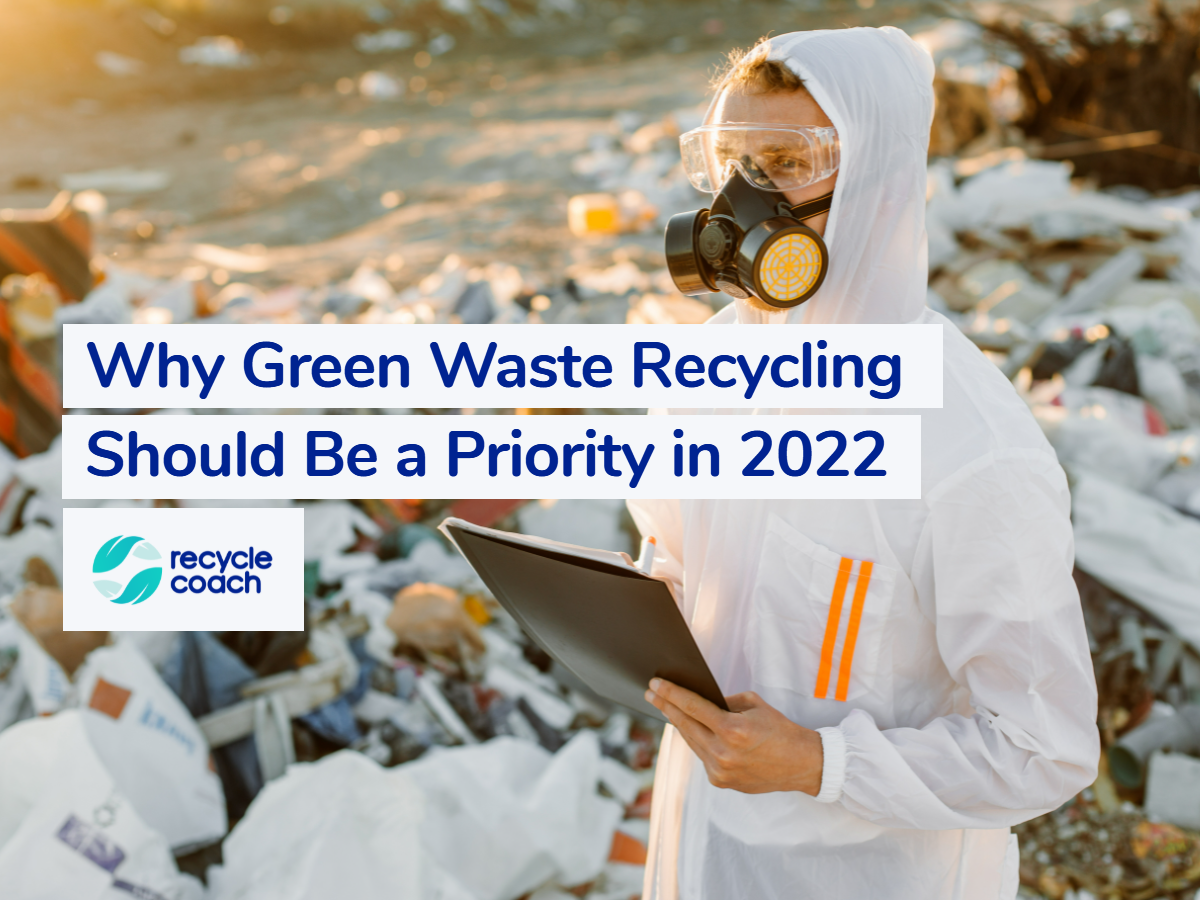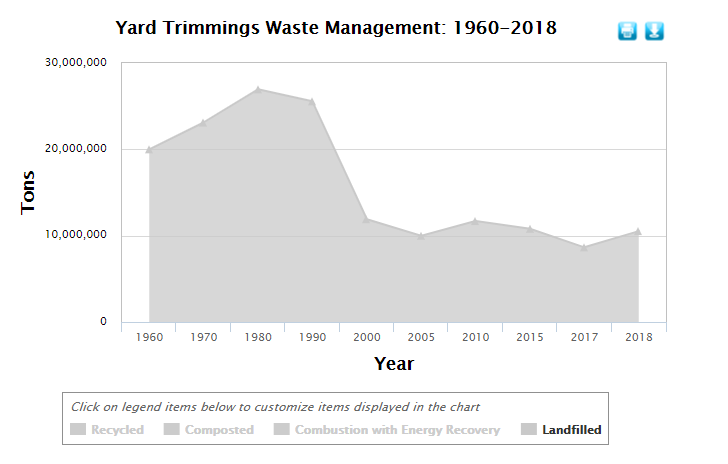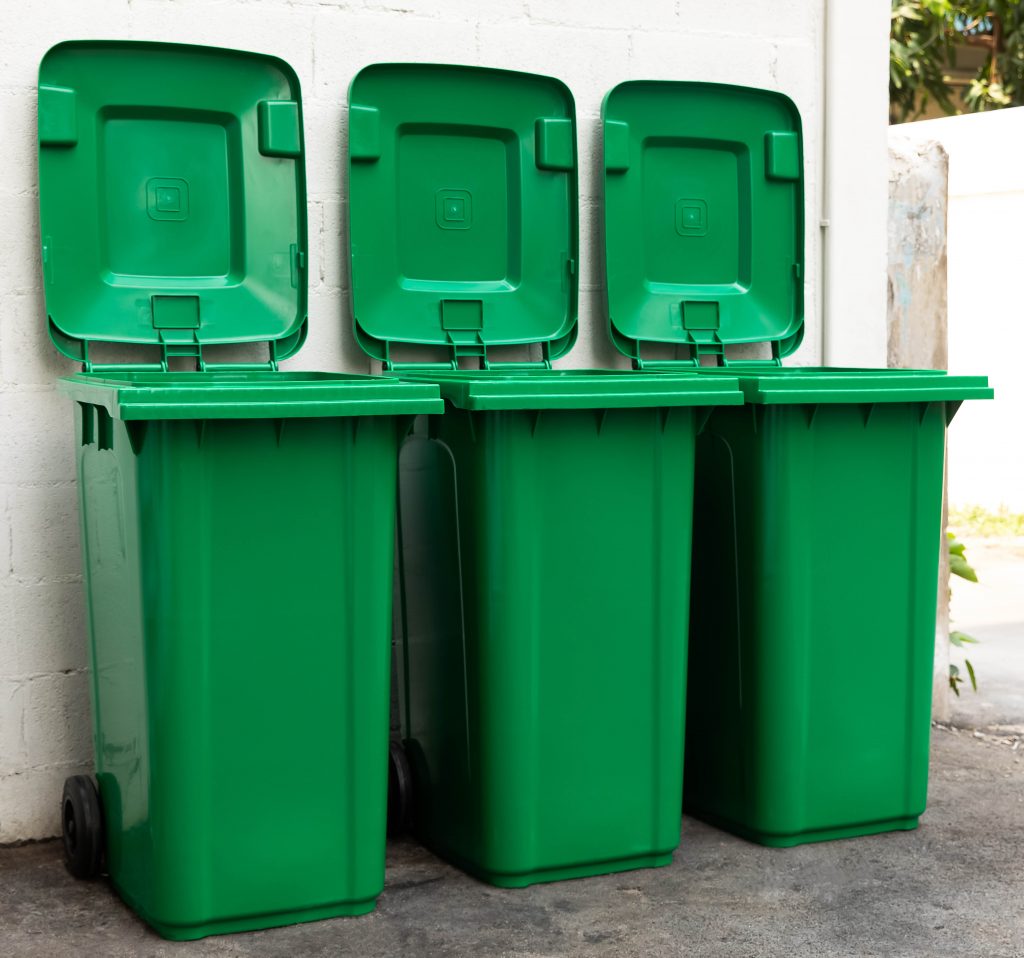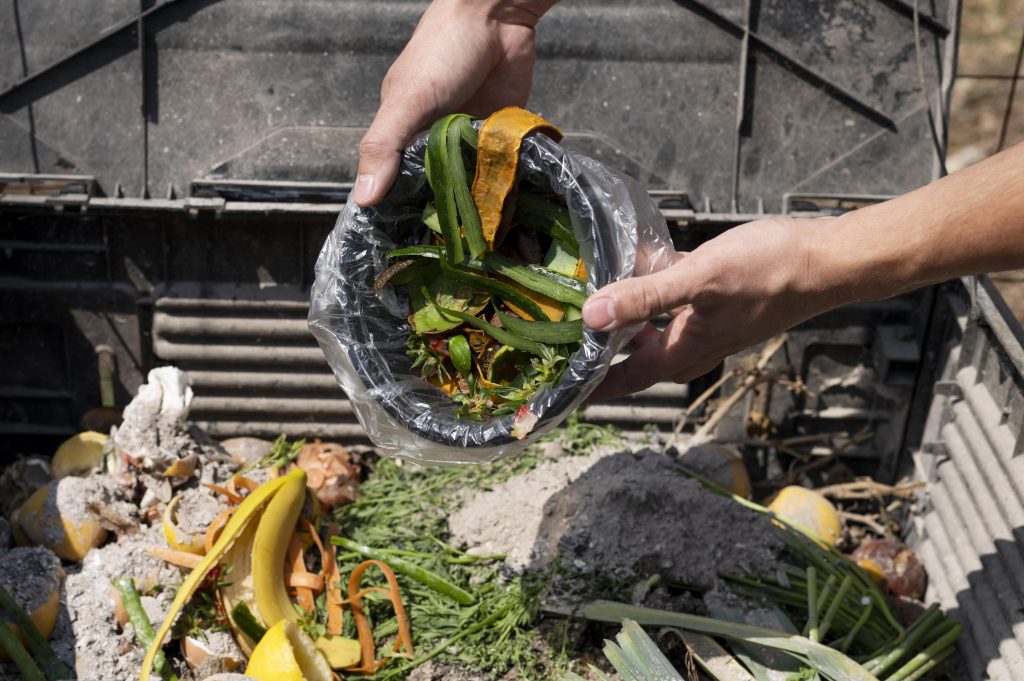Why Green Waste Recycling Should Be a Priority in 2022

Green waste recycling is the best way your municipality can reduce greenhouse gasses in 2022 and beyond. Today’s post explores why it needs to take center stage for you and your team next year.
In the past, municipalities have collected green waste in the form of yard trimmings and garden-related organic materials. Very rarely did it ever include food scraps or compostable food items unless the program was specifically created to include other putrefiable materials.
This is changing – and for good reason.
As municipalities look for ways to reduce climate change, green waste has emerged as a viable solution. By lessening the impact that landfills have on the environment, every municipality in North America can help combat harmful gasses in the future.
Consider:
- Composted food and yard trimmings increased by 5 million tons between 2015 and 2018, according to the latest data from the Environmental Protection Agency.
- Landfills in North America received 5 million tons of yard trimmings, which made up 7.2% of the total municipal solid waste landfilled in 2018.
With stagnant or absent green waste programs, rising yard and food waste collections, and an increasing need to educate the public about composting – a lot can be done to help in 2022.
Here is why (and how) green waste recycling should be a top priority next year.
It Reduces Methane in Landfills
How much do you really know about methane?
The average landfill in North America is jam packed with green waste. When left to decay in a landfill it creates enormous amounts of methane gas. As you may already know, methane is one of the greenhouse gasses that is contributing to climate change disaster.

The good news is that you can make a significant impact on the amount of gasses being released from your local municipal landfills – with a methane reduction strategy. To tackle the issue there are a few tactics you can look at implementing in 2022.
#1: Mandatory Green Waste Collections
California is implementing Senate Bill 1383 starting on January 1st, 2022.
The bill makes throwing organic waste into the trash illegal – a positive step that can and should be implemented nationwide. California is taking active steps to reduce methane in their landfills by rolling out accessible green waste collection programs run by various municipalities.
This means the public gets green bins, and government help in hauling away the yard and food waste that would have wound up at the landfill. With stringent rules in place, businesses will also have to change the way they dispose of their organic waste.

Less food and yard trimmings mean less hydrocarbons escaping. Methane doesn’t last as long in the atmosphere as carbon dioxide, so focusing on this gas has a lasting positive impact on reducing climate risk.
An accessible green waste collection program encourages your residents to use their green bins, and together you will avoid adding methane emissions to the landfill.
#2: Methane Vacuum and Combustion (Energy Recovery)
Many landfills already have energy recovery programs that vacuum up the leaking methane, which is then combusted and converted into energy. In 2022, your municipality could lead the way in making sure that every landfill in your district is using energy recovery to reduce methane leakage.
Improving green waste recycling will take time, and a lot of organic waste will continue to find its way into your landfills. When it does, make sure that you are collecting the harmful gasses and putting them to good use for your community.

Biogas is 50-70% methane, and once collected can be used to produce heat and electricity, or to create biomethane which is a renewable gas used as vehicle fuel. Look into improving the energy recovery practices at your local landfill.
#3: Increase Public Education on Composting
Official statistics show an encouraging uptick in municipalities offering viable composting programs for their residents. San Francisco composts 255,500 tons of organic material each year, while Vermont has already banned residents from green waste disposal that ends up at the dump.
If your municipality doesn’t have a composting program or needs to increase the way you educate your residents on the ‘how’ – this is a great time to do it. Composting is a vital recycling practice that the Public Works Department must support in 2022.
Increase recycling education on composting for your residents.
As next year inches closer, ask yourself where your resources could do the most good for your community and for the environment we all live in. It will take every Public Works Director from every municipality to join forces to rid our landfills of methane.
Green waste recycling is a critical step. Take action and build mandatory green waste collections into your waste removal system. Ramp up your investment in energy recovery to deal with the methane that does make it through – and educate your residents on composting and recycling better.
Will green waste be on your agenda in 2022?